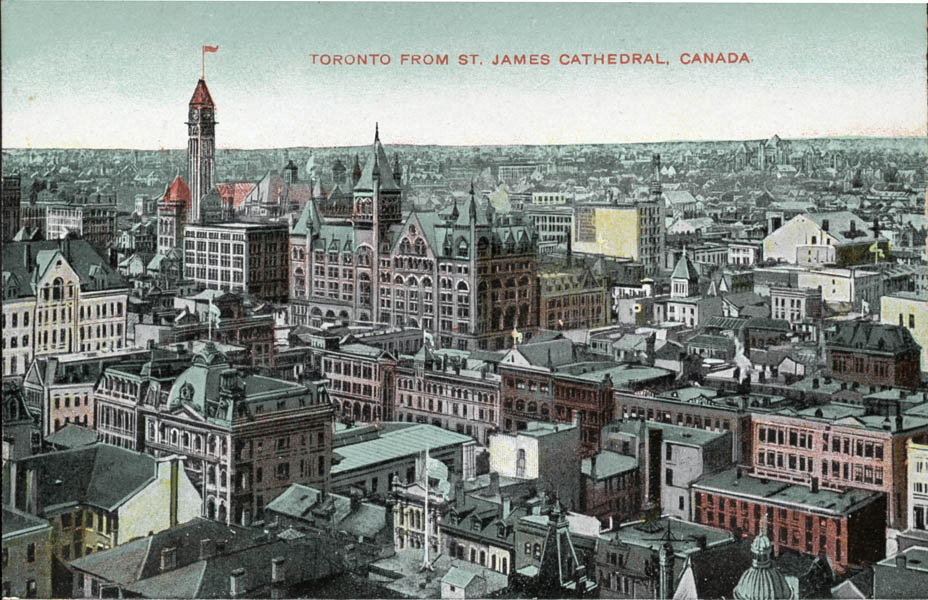
November 26, 2015 | Toronto Real Estate Market
Back in the day, some of us may have taken an Economics 101 course that first brought to our attention the theory of supply and demand. The rules are pretty simple. If supply goes up too much, demand falls and prices fall. Flip that around and you have the same theory in reverse. When supply is low, demand increases and so do prices. This relationship between supply and demand could be applied to the fur trade three hundred years ago or to blueberries in the supermarket right now (more expensive out of season when supply is down).
When people are looking at real estate, they like to look at factors like interest rates and the Canadian economy. And these are very important macro factors to consider. Still, I really think you need to look at the local economy to see what is happening. It’s the smaller local supply and demand factors that often sway real estate prices. This is why prices are still going up in Toronto and Vancouver and not in the rest of Canada. This is why New York, Oregon and Texas didn’t suffer the recession like Florida, Nevada and California. Local factors of supply and demand make a difference.
As far as Toronto is concerned, supply and demand can explain a lot about prices and where they will go. The most obvious example of supply and demand in Toronto has to do with houses. As I’ve mentioned in many blogs before, houses are rarely built any longer. It is not cost effective for a builder to construct a house when that builder could build a condo and make a better return on his or her money. Plus, as Toronto matures, there are fewer locations to build a house. Houses would need to be built in the outer suburbs which would be a far drive away and a very different lifestyle than the city offers. Even the inner suburbs don’t have the space for many more houses, and we see much more condos under construction. So, houses go up in price because the city is growing and demand is growing, but supply is limited.
Of course, in Toronto, houses are not the only thing in short supply. Low rise condos also are in limited supply and therefore perform better than their bigger high rise condo cousins. Conversion lofts are another great example. These are now in shorter supply than they were before, but this is a recent phenomenon. Not too long ago, there were a lot of conversion lofts hitting the market. Nowadays, there are not many old factories, warehouses and churches that have not already been converted. So, I’m seeing a greater demand on these kinds of condos as new supply stops coming to market and the demand increases.
Now, all this talk make seem to suggest that large condos are a lousy investment because they are in greater supply. And to a certain extent, this is true. Since there is more of a large condo supply, prices are kept reasonable because there are less competition for those units and more options added to the supply all the time. This is where most of Toronto’s construction takes place – in the high rise condo sector. They may not appreciate in value the same way as houses or conversion lofts or even low rise condos in Toronto, but they are more affordable. For some, big condos are a great starting point. I would not discourage someone from buying in a big condo, but I would say you need to pick the right big condo with a healthy reserve fund, a good location and a little character.
Supply and demand is a funny thing. From the buyer side, it is easier to buy a larger condo because there is so much supply. It is more affordable and there is less competition. Easy Peasy for a buyer. When it comes time to sell, you may not have the price appreciation you would see elsewhere in Toronto. In many neighbourhoods, conversion lofts, lowrise condos and houses are tougher to buy sometimes but as an investment, your chances of appreciation are greater. You’ll have a harder time buying, but a easier time selling.


